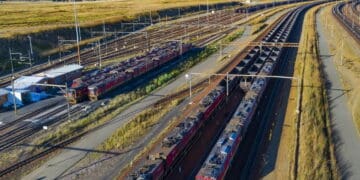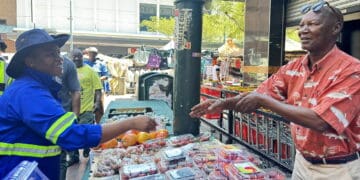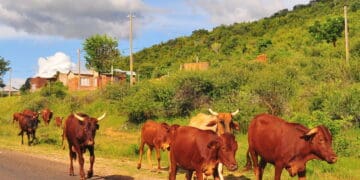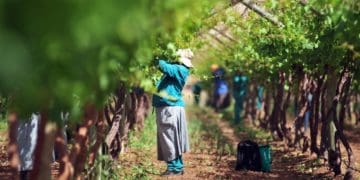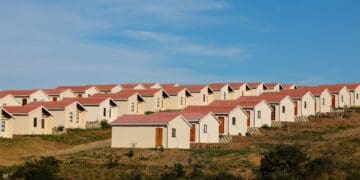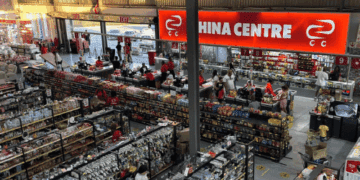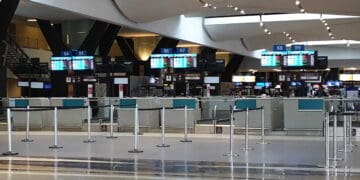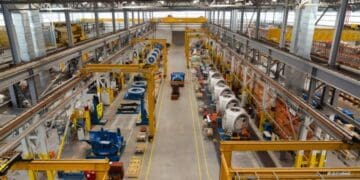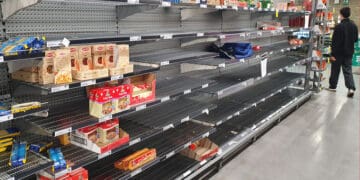By: Anna Majavu
Township economies could become the new economic hubs of the country if townships are transformed into safe environments with stable services and socioeconomic conditions. This is the view of two experts who spoke to Vutivi News after the country’s first-ever Township Economies Expo in Ekurhuleni last week.
Sandile Tshabalala, the co-founder of the Huruma Bantfu consultancy, works to improve the township economic ecosystem and refuses to view township economies as silos where SMME owners live and trade, isolated from the rest of society. “The township economy is definitely the future of our economy. South Africa will come to rely a lot on the township economy,” he said.
Looking at the entire ecosystem of township economies means understanding that these economies involve many different players and must include businesses that have the potential to break out of townships. “Township economy isn’t just about doing business in the township, but also about growth and scaling up the businesses,” said Tshabalala. He said township businesses could thrive in informality, but this would only be possible in a safe environment where socioeconomic conditions were improved, including access to basic services.
Currently, township businesses face major problems with access to finance, a lack of entrepreneurial skills, a limited entrepreneurial growth mindset, a lack of access or very little access to markets, and broader social issues such as crime and poor service delivery. Tshabalala said this was a pity because there was no shortage of creative people in townships who had the solutions to meet the needs of residents, and there was also immense buying power in pensions, social grants, and stokvel savings. “There has always been a culture of learning and teaching in the townships. Conditions of the township create a culture where people can be entrepreneurial and sell their ideas quite quickly,” he said.
National African Federated Chamber of Commerce (Nafcoc) Gauteng deputy president Bongs Martin said townships should be well on their way to becoming the new economic hubs of South Africa, but crime and load-shedding were obstacles. Township businesses could not operate in a high crime environment, and load-shedding had caused many of Nafcoc’s members to shut down. “It is only a few who can afford to invest in alternative energy, even gas cookers,” said Martin, adding that Nafcoc expected the government to have offered township businesses incentives to buy gas, instead of leaving these SMMEs to fend for themselves.
Like Tshabalala, Martin said innovative ideas were abundant in townships, especially among young would-be entrepreneurs, but they were stifled by a lack of funding and red tape. “If we can shorten the red tape and find people who are prepared to invest in the ideas that people in the township have, then we can go further,” said Martin.







